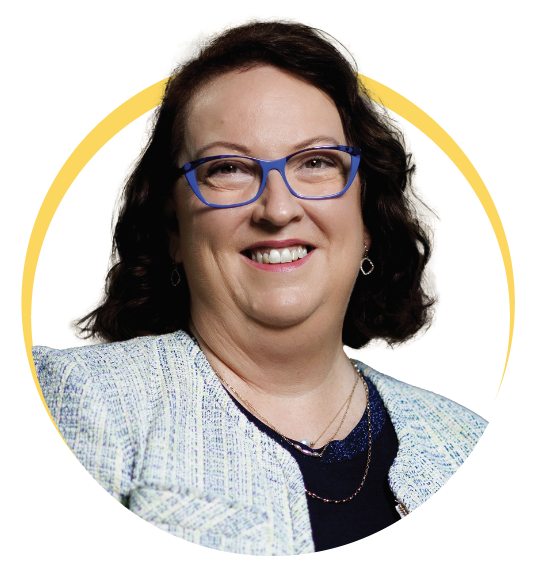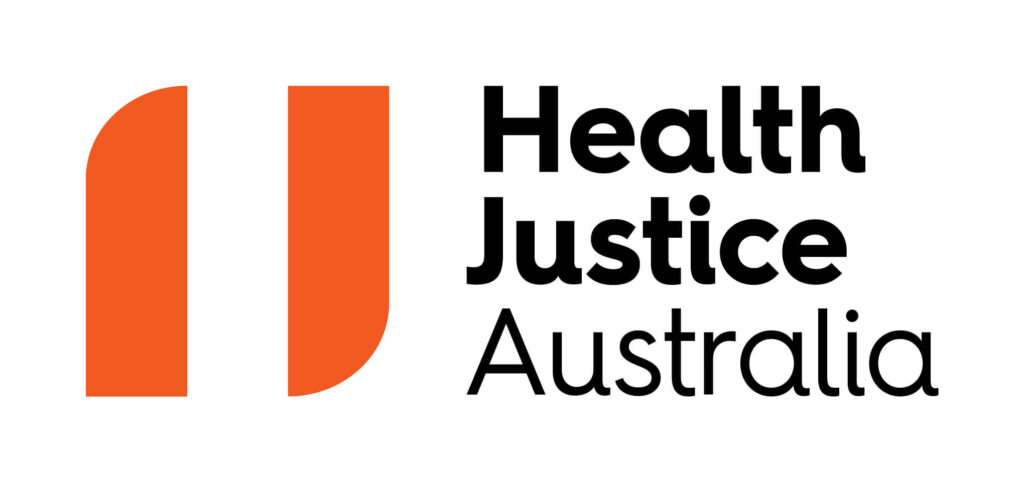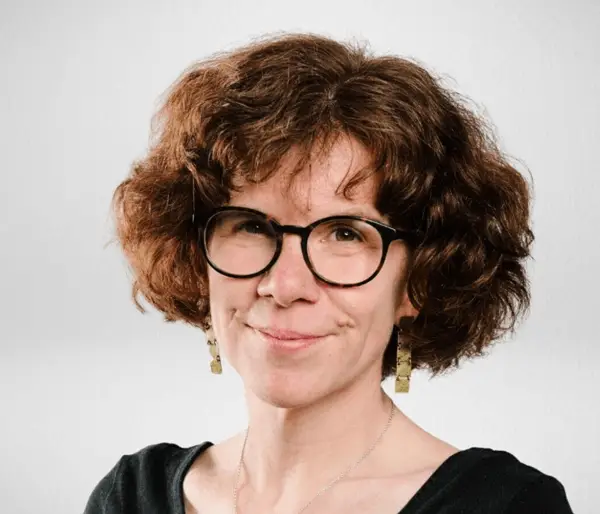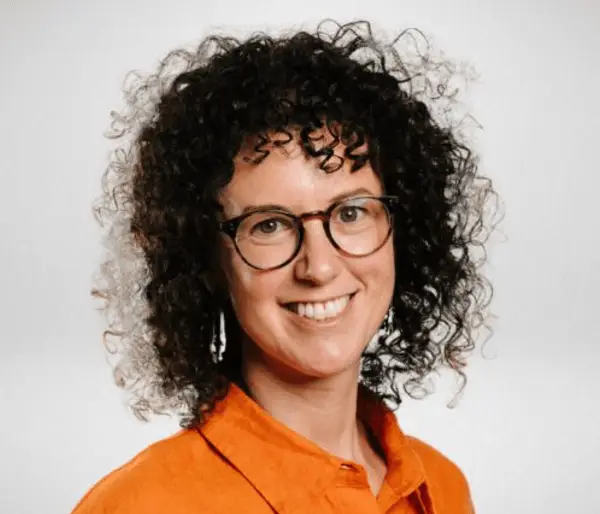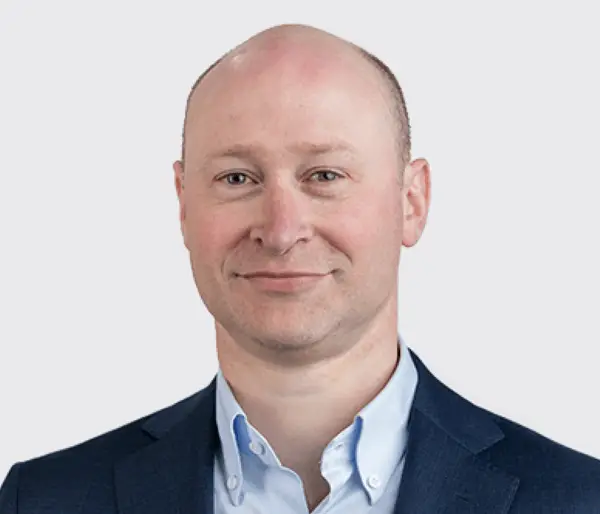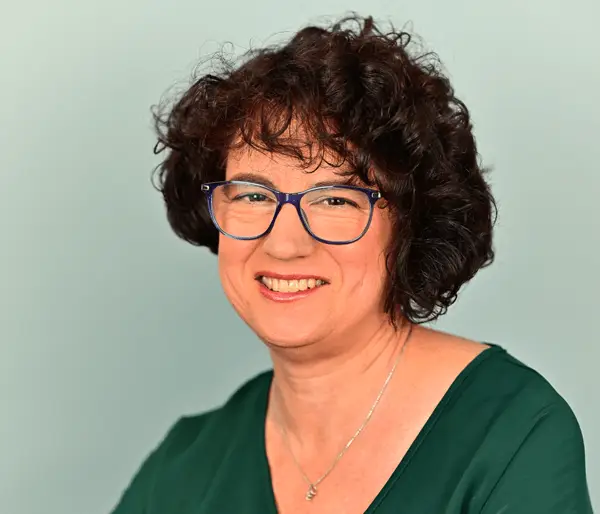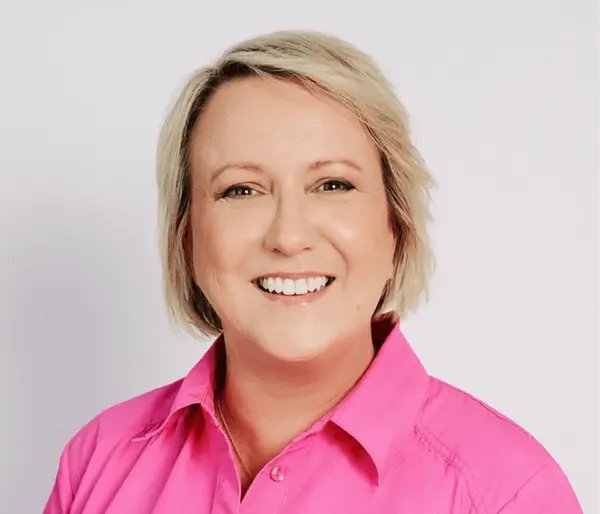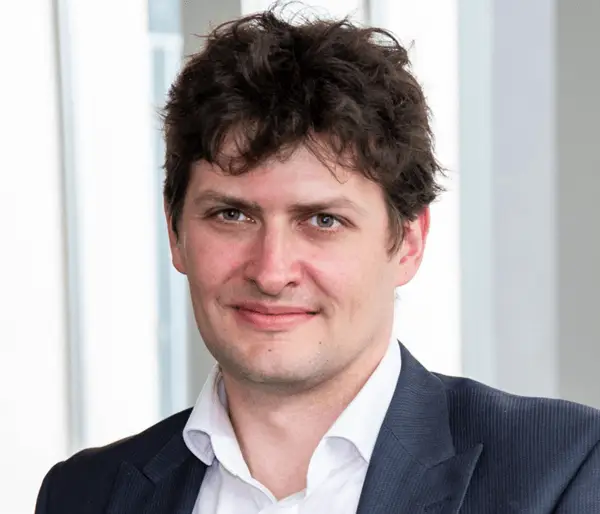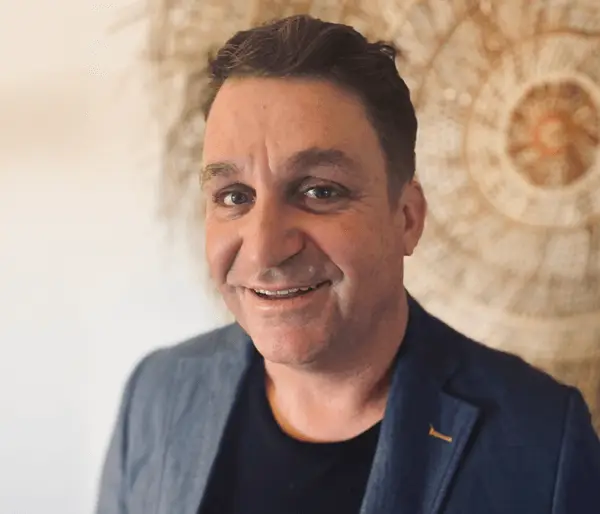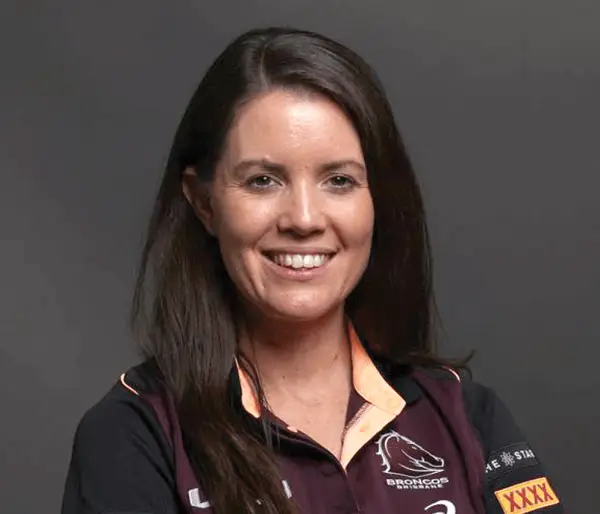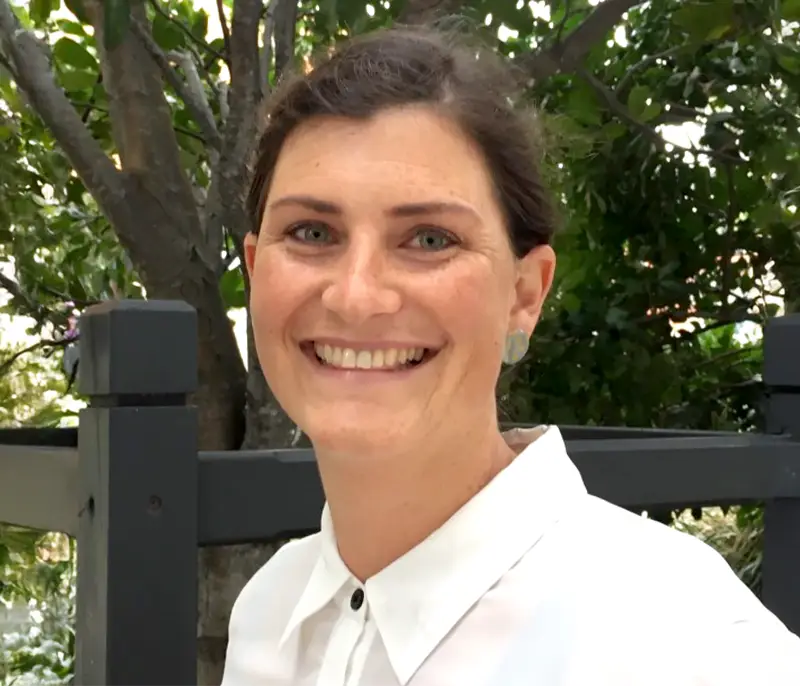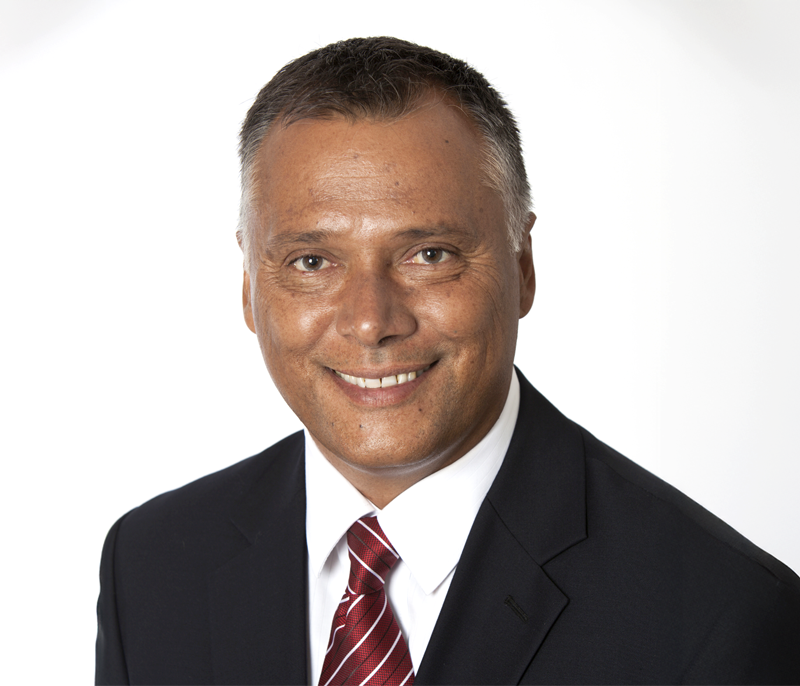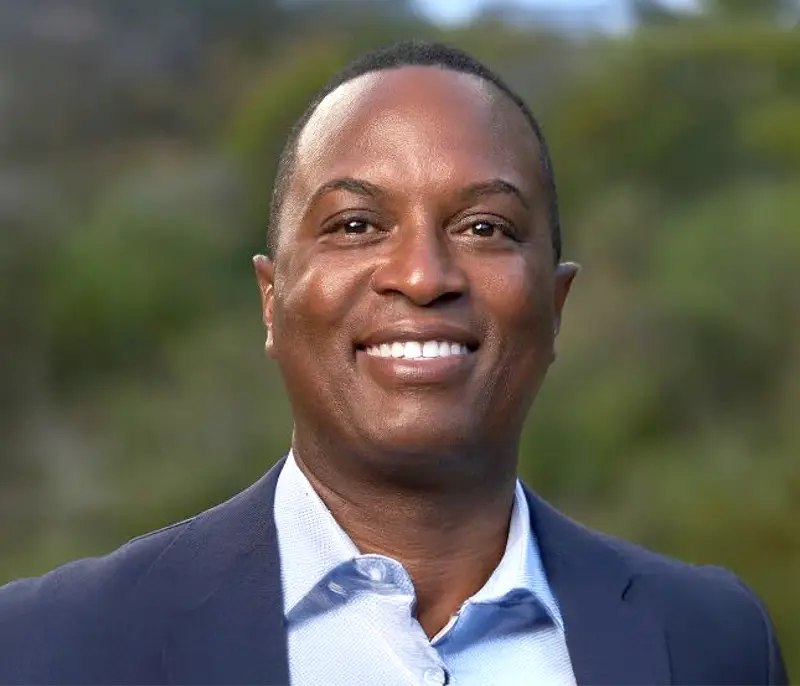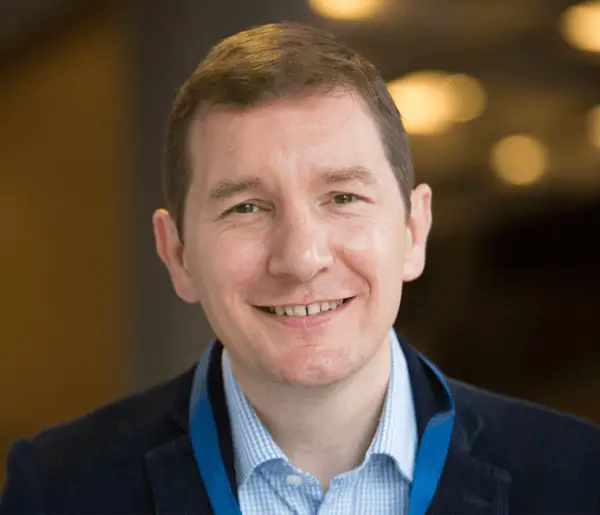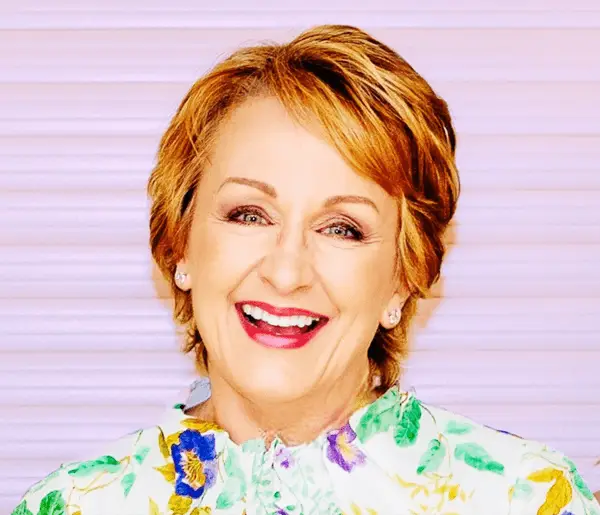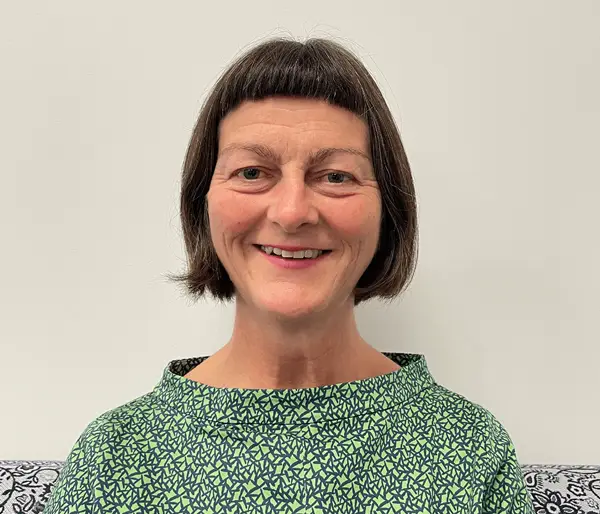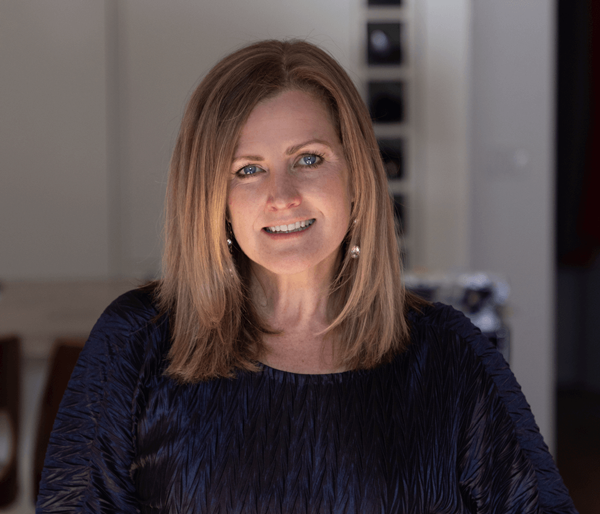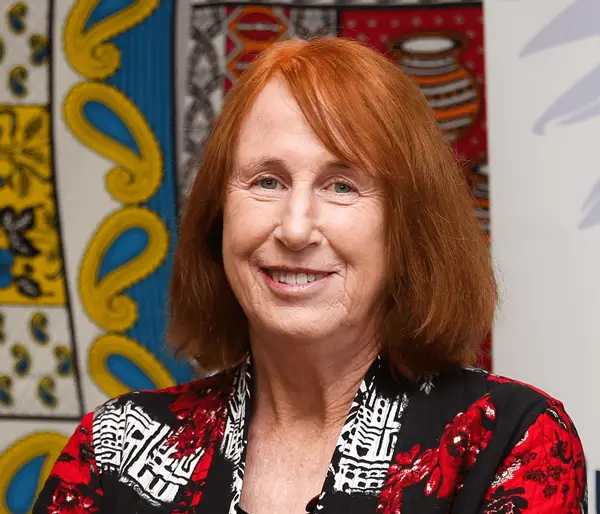Sessions by Speaker
Registration & AR Experience
Welcome to Country
8:20 AM
View Restaurant Terrace
Day 1 Introduction to the Equity CoLab's 2024 Advancing Equity Summit + Meet Your MC
Equity in Context: Australia's History and Systemic Injustices
Opening Keynote with Q&A – Equity: “Embracing the ALL without fear”
Morning tea
10:20 AM
View Restaurant Terrace
Rethinking Solutions: How Systems Thinking Shapes a Fairer Future
Visualising Inequity: How Data Shapes Our Understanding of Equity, Equality and Disadvantage in Australia
Achieving Equity at Scale: Policy Solutions for a Fairer Australia
Q&A Panel for mid-morning sessions
Networking lunch and AR Experience
12:45 PM
View Restaurant Terrace
A – Pursuing Equitable Housing: Lessons from Aboriginal and Torres Strait Islander Communities
B – Collaborative Strategic Reform: The Torres and Cape Healthcare Commissioning Fund Initiative
C – Golden Age Investing: Policy Reforms for Equitable Ageing in Australia
A – Locating Yourself in the System and Engaging with Power to Advance Equity
B – Principles and Pathways to Achieve Impact at Scale
C – Leveraging Partnerships for Systemic Change: Lessons from Thriving Kids QLD
Afternoon tea
3:20 PM
View Restaurant Terrace
Transforming from Within: The Personal Journey to Drive Equity
Sunset drinks and dinner celebration
6:30 PM
View Restaurant Terrace
National Park sunrise walk and connecting with Country
6:00 AM
Noosa National Park
Re-Patterning for Equity: Transforming Everyday Actions and Relationships
Community-Led Change for Equity: How First Nations and Multicultural Communities Lead in Peacebuilding, Healing and Strengthening Democracy
Morning tea
10:10 AM
View Restaurant Terrace
A – Locals Leading the Way: Community-Driven Health Transformation in the Southern Moreton Bay Islands
B – Stronger Places Stronger People: Collaborative Success in the Gladstone Region
C - Community Led Change for Equity – Deeper Dive
A – Creating Gender Equitable Workplaces: Addressing Structural Barriers and Cultivating Inclusive Cultures
B – A New Practice Framework: Addressing Systemic Issues Faced by Marginalised Young People
C – Restacking the Odds: Enhancing Early Childhood Service Quality and Equity with Evidence-Based Indicators
Networking lunch and AR Experience
12:10 PM
View Restaurant Terrace
1 – Innovative Funding Strategies and Collaborations: Advancing Equity through Effective Financial Models
Thriving Kids Queensland Partnership: Innovative Approaches to Funding for Child Wellbeing
Investment Dialogue for Australia’s Children and the Queensland Kid Funders Alliance: Collaborative Funding Models for Long-Term Impact
Achieve Foundation and Disability Funders Network: Redefining Funding Strategies to Support Inclusive and Equitable Outcomes
2 – Equity in Governance
Australian Business Volunteers: Enhancing Community-Led Disaster Resilience
CQID: Supporting Aboriginal and Torres Strait Islander Children through Self-Determination, Delegated Authority and the Power of Community
Collaboration for Impact: Driving Community-Led Climate Justice
Equity In and Through Community: The Role of Social Innovation in Advancing Regional Wellbeing
Monday Morning and Beyond: Reflect, Commit, and Shape Future Actions with The Equity CoLab
Thank you and close
Afternoon tea available in View Restaurant Terrace
Welcome to Country
8:30 AM
View Restaurant Terrace Standing Space
Lyndon Davis, Kabi Kabi Traditional Owner
Summit Opening
Meet your MC + introduction to the Equity CoLab National Summit 2025
Reckoning with Inequity: Justice for First Nations, Strength for All
Acclaimed journalist Stan Grant opens the Summit with an urgent keynote on inequity in Australia, asserting truth-telling and justice for First Nations are essential to building a fairer Australia for all.
Leading with Love: Advancing Equity in an Age of Division
Dr Michael McAfee warns America’s crises of racial injustice, extremism and inequality can happen anywhere, urging leaders to do equity’s moral work, confront backlash and lead with fierce hope.
Fair Societies, Healthy Lives: ‘Restoring the Fair Go’
Professor Fran Baum AO, global leader on social determinants of health, will expose health inequities in Australia, unpack systemic drivers, remind us we know what works, and urge courageous leadership to build fairer, healthier systems.
Q&A Panel
Dr Norman Swan AM facilitates a Q&A with Stan Grant, Dr Michael McAfee and Professor Fran Baum AO
No Health Without a Healthy Planet
Professor Sharon Friel explores how health inequities and planetary health are interconnected crises driven by the same socio-economic and political systems, showing how inequality and environmental breakdown reinforce each other and why they must be tackled together.
From Growth to Thriving: Building an Economy for Wellbeing and Equity
Dr Katherine Trebeck turns to one of the strongest drivers of inequity—our economic system. Drawing on global examples, she makes the case for a wellbeing economy centred on people and planet.
The Nordic Edge: Boosting Equity and Safety for Australia’s Children
As lead editor of The Nordic Edge book, Professor Andrew Scott has written about how Nordic nations have boosted equity through universal, public early childhood education and care, together with extensive paid parental leave, and why Australia must now do the same.
Q&A Panel
Dr Norman Swan AM facilitates a Q&A with Professor Sharon Friel, Dr Katherine Trebeck and Professor Andrew Scott
The Politics of Change: What Will it Take to Put Equity on the Policy Agenda?
Where you live, what you earn, and your background still shape health outcomes. Professor Duckett will explore what it will take to lift equity’s profile in rhetoric, funding, policy, planning and governance.
Productivity with Purpose: Why Equity is Australia’s Smartest Investment
Commissioner Button will explore how inequities in mental health care harm wellbeing and productivity, and what needs to change to improve health and national resilience.
Beyond good intentions: Making gender equality non-negotiable.
Equity doesn’t happen by accident – it happens by design. Victoria’s Gender Equality Act is transforming how public institutions – including every public health service in the state – approach strategy, policy, and culture. Commissioner Dr Niki Vincent will unpack how legal obligations are reshaping workplaces and the impact of their public policies, programs, and services on communities, what’s at stake if we stall, and how the rest of Australia can build on this momentum.
Q&A Panel
Dr Norman Swan facilitates a Q&A with Dr Stephen Duckett, Selwyn Button and Dr Niki Vincent.
A Grounded Perspective
After a full day on systems and reform, this session centres lived experience. Lived Experience Leaders from QDN and Street Up share realities, reflections, and solutions—inviting conversation with the audience.
Rekindling Democracy, Strengthening Community: The Foundation of equitable Health
4:15 PM
Rainforest Room - Virtual Session
Cormac Russell argues equity is built in neighbourhoods through community power and local leadership. Progress comes when institutions enable connection, nurture relationships, and rekindle democracy.
Virtual Q&A with Cormac Russell
Day 1 Reflections and day close
National Park sunrise walk and connecting with Country
6:00 AM
Meet at View Restaurant Terrace Standing Space
Join Kabi Kabi Traditional Owner Lyndon Davis for a morning walk through Noosa National Park. Along the trails, Lyndon will share the rich history and cultural significance of Country.
Leadership for Equity: Walking Together Across Difference
Equity is not just a policy goal but a leadership challenge. Explore the attributes and skills leaders need to advance equity, including working across difference and values-based leadership.
Early Intervention Investment Framework, and lessons for bottom-up wellbeing analysis for budgets
The Early Intervention Investment Framework is a real-world example of embedding equity, prevention and outcomes into budget processes by rewarding stronger evidence, quantifying wellbeing impacts and avoided costs, and tracking impact annually.
Getting There First: Rewiring Systems so Every Child in Queensland Thrives
We know prevention and early intervention work, yet investment and systems remain reactive. Michael Hogan draws on real-life examples to explore why and calls for shared goals, pooled investment, and intermediaries that enable collaboration, reminding us equity begins upstream.
Q&A Panel
Dr Norman Swan AM facilitates a Q&A with TBC, Matt Donoghue and Michael Hogan.
Embedding Equity in Business: Community & Social Value (CSV) Framework
How can businesses turn advancing equity into impact? Siobhan Henderson shares how Australian Unity’s Community and Social Value framework embeds equity into strategy, operations and investment, driving profit and social value.
Human Learning Systems in Practice: Reimagining Organisations for Equity
Traditional public sector models prioritise compliance and control, often blocking equity. This session explores Human Learning Systems, drawing on its application in Queensland’s Public Sector Commission to show how adaptive, relational approaches can transform governance and public service for equity.
Q&A Panel
Dr Norman Swan AM facilitates a Q&A with Siobhan Henderson, Thea Snow, Abbey Richards
Power and Place
What if equity lies not in one solution but many local ones? This session explores place-based approaches that shift power, build partnerships, and drive bottom-up systems change for equity.
Building Community Capital: Shifting Power Through Local Ownership
This session explores how communities are building capital, shifting power and ownership back to local people. Through cooperatives, collaboration and shared purpose, they are driving fairer systems and better health outcomes.
Place based systems leadership framework
No single leader can transform a system, but together we can. Cathy Boorman shares a framework for systems leadership, showing how collaboration embeds equity in place-based change across communities, government, funders and services.
Profit and Purpose
Can business advance equity or ultimately undermine it? This stream explores health, tech and sport case studies, showing how organisations pursue equity with profit while confronting tensions through courageous discussion.
Can Business Make Medicare Work? Equity, Scale, and the Role of Private Sector Primary Health
Medicare promises universal access, yet many face costs, GP shortages and gaps. Andrew Cohen explores how large providers can strengthen Medicare, protect bulk billing, expand teams, partner with communities and deliver fairer care.
More Than a Game: The Power of the Brisbane Broncos' Social Impact Power and Journey
How can an ASX listed football club focus on winning premierships, growing its business, and contributing to equity? The Brisbane Broncos and Social Ventures Australia share their journey towards understanding the links between these objectives and developing a community strategy that contributes to each.
Bringing Care Closer: Advancing Equity Through Digital Health
Too many Australians miss out on care due to geography and exclusion. Visionflex shows how purpose-built virtual care expands access while putting equity, trust and safety first.
Data and Digital
Advancing equity requires evidence beyond averages. This session explores how youth, lived experience, digital innovation and robust data reshape systems, elevate voices and transform decision-making.
Stories that Shift Systems
Thea Snow and Kiera Lowther show how combining lived experience, qualitative insights and quantitative data can transform policy and practice, creating more effective, equitable and compassionate decisions that reflect people’s real lives.
Healthdirect and Democratising Healthcare
Digital tools can expand equitable care when co-designed with consumers and powered by data. Drawing on Healthdirect’s experience, this session explores promise, risk, inclusion of digital solutions.
Future in Focus: Youth Voice and Evidence for Intergenerational Equity
How youth voice, lived experience and data are driving intergenerational fairness in Australia, showing how youth-led leadership can shift policy, accountability and future-focused legislation.
Re-Founding Our Democracy: A Collective Call to Action
Dr Michael McAfee closes the Summit by inviting us into a founder’s stance—seeing ourselves as architects of a new era of democracy. One that is equitable, honours the humanity of all people, and serves collective flourishing. He challenges us to reflect on the actions required as leaders, the courage demanded, and the long-term commitment needed to bring this vision to life.
